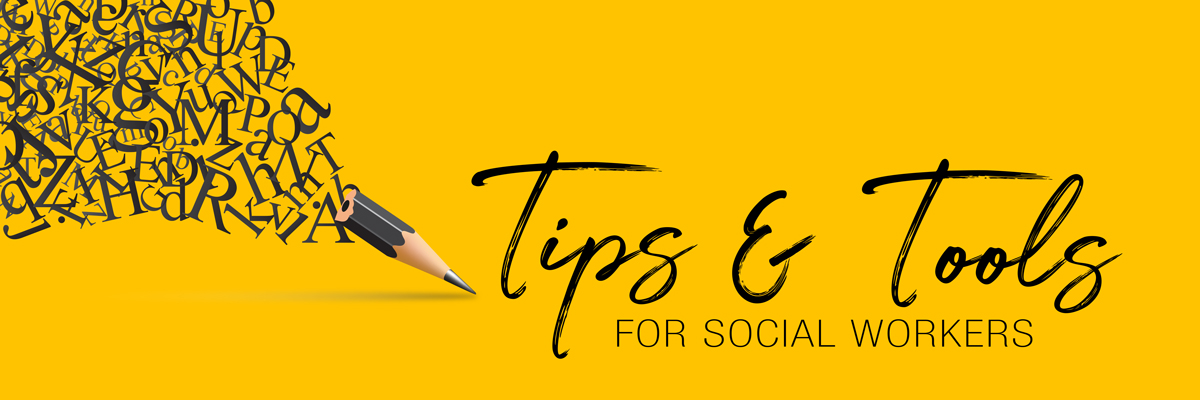
NASW Submits Comments to the Bureau of Labor Statistics
April Ferguson, LCSW-C, Senior Practice Associate
August 2024
NASW responded to a public review of the 2018 Standard Occupational Classification (SOC) Manual for potential revisions to be made public in 2028. The SOC classifies all occupations where work is performed for pay or profit. It is designed to cover all jobs in the national economy including public, private, and military occupations. NASW provided comments on social work occupations using the format and instructions requested by SOC. See comments.
- NASW recommends separating 21-1021 Child, Family, and School Social Workers into two different detailed occupations.
- School Social Worker
Provide support to students and their families to reduce barriers to educational success. Services include assessments, interventions, crisis management, mental health support and community referrals. Works collaboratively with school personnel.
Illustrative examples: School Social Worker
- Children, Youth, and Family Social Worker
Provide social services and assistance to improve the social and emotional functioning of children and their families to maximize the family well-being. Assist families and children served by the child welfare system and/or family resource centers.
Illustrative examples: Certified Children Youth, and Family Social Worker, Child Welfare Worker, Child Protection Social Worker, and Child and Family Services Social Worker
NASW recommends separating school social workers and children, youth, and family social workers for the following reasons:
- School social workers provide support services to students, families and school personnel to remove educational barriers. They offer crisis management, mental health support, community referrals, assessments, and foster social emotional learning. They also support special education services, and they have the skills to assist with school safety efforts. Depending on the school district, they are assigned to one or multiple schools and their services are directly connected to their school assignments. School social workers have specific skills and practice methodologies to address challenges facing the education system. Their work should be categorized separately to better track labor data and trends specific to this work.
- Children, youth and family social workers support the well-being of families and their children. Their work includes child protection services, family services, and out of home placement coordination, kinship placements, foster care, and adoption. They collaborate with various systems including the legal and health care systems, and juvenile justice.
NASW recognizes the difference between school social workers and children, youth and family social workers through the development of separate credentials: Certified School Social Work Specialist (C-SSWS) and Certified Children, Youth & Family Social Worker (C-CYFSW) or Certified Advanced Children, Youth & Family Social Worker (C-ACYFSW).
- NASW recommends creating a new detailed occupation, Clinical Social Worker to Broad Group 21-1020 Social Workers.
- Clinical Social Workers
Diagnoses, assessment, and treatment of individuals using evidence-based interventions. Services include individual, play, family and group therapy, crisis inventions, grief and bereavement therapy.
Illustrative examples: Licensed Certified Social Worker-Clinical (LCSW-C), Licensed Clinical Social Worker (LCSW), Psychotherapist, Psychoanalyst, Grief and Bereavement Therapist, and Crisis Interventionist
Clinical social workers diagnose and treat clients and are the only group of social workers who can work independently in a private practice, seek reimbursement, and provide supervision. Clinical social workers are required to have two years of postmaster experience in a supervised, clinical setting and passing of a clinical license exam. NASW recommends adding this occupation to recognize the advanced skill set and work completed by this subset of social work.
- NASW recommends updates to the detailed occupation definition for 21-1023 Mental Health and Substance Abuse Social Workers.
- Mental Health and Substance Use Social Workers
Assess, diagnose, and treat individuals with mental, emotional, or substance use conditions, including use of alcohol, tobacco, and/or other drugs in accordance with state laws and regulations that govern what constitutes acceptable practice. Activities may include individual and group therapy, crisis intervention, case management, client advocacy, prevention, treatment, harm reduction and education.
Illustrative examples: Behavioral Health Social Worker, Case Management Specialist, Community Mental Health Social Worker, Medical Social Worker, Mobile Crisis Therapist, Prevention Specialist, Substance Use Social Worker
NASW recommends updating SOC language from substance abuse to substance use to follow changes in the field that reflect less stigmatizing language. Stigma can impact patient access to treatment and can contribute to provider bias. In 2013, the Diagnostic and Statistical Manual of Mental Disorders, 5th edition also updated the term from substance abuse to substance use. This new definition better reflects current language for mental health and substance use social work services. NASW also recommends removing the term “Psychiatric Social Work” from the list of illustrative examples and from the direct match title file. The term psychiatric social work was updated to the term Clinical Social Work by the federal government several years ago.